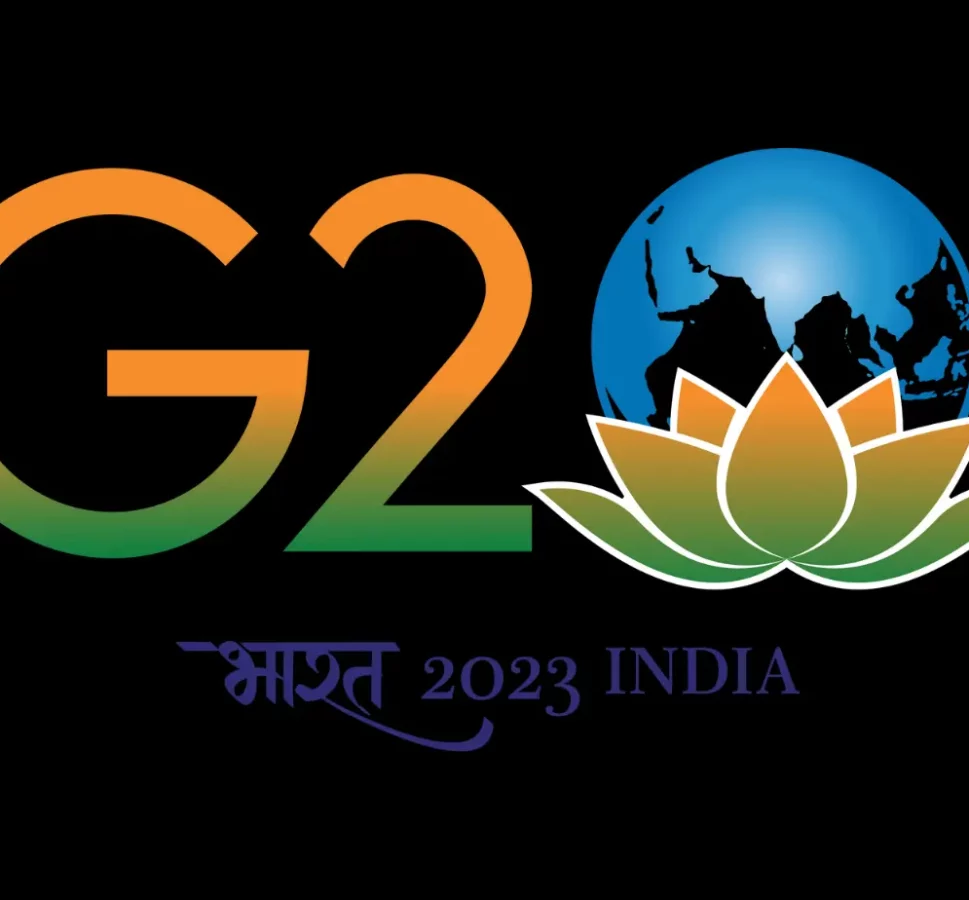- India announces intent to develop cryptocurrency regulations through international and domestic discussions.
- G20 leaders call for the implementation of the Crypto-Asset Reporting Framework and CRS amendments.
- The OECD’s Crypto-Asset Reporting Framework aims to enable annual international information exchange on crypto transactions.
On Sunday, September 10th, India announced its intention to develop cryptocurrency regulations by engaging in thorough discussions with both international counterparts and domestic stakeholders, thereby establishing its own framework for cryptocurrency oversight. As per reports from New Delhi, where the group members are currently participating in a two-day summit, the proposed framework is set to enable international information exchange among nations starting in the year 2027.
“We call for the swift implementation of the Crypto-Asset Reporting Framework (CARF) and amendments to the CRS [Common Reporting Standard]. We ask the Global Forum on Transparency and Exchange of Information for Tax Purposes to identify an appropriate and coordinated timeline to commence exchanges by relevant jurisdictions.”
a consensus declaration signed by G20 leaders
The impending framework will have a broad-reaching impact, encompassing numerous countries such as Argentina, Australia, Brazil, Canada, China, France, Germany, India, Indonesia, Italy, Japan, Mexico, Russia, Saudi Arabia, South Africa, South Korea, Turkey, the United Kingdom, the United States, and the European Union. It’s worth noting that two-thirds of the global population resides in G20 member nations.
In an interview with CNBC-TV18’s Sapna Das, Ajay Seth, economic affairs secretary, conveyed that they will thoroughly review the recommendations and shape their policies accordingly based on the consensus reached before taking further actions.
Regarding the RBI’s proposed cryptocurrency ban, he explained that it’s not a black-and-white situation but rather about establishing a framework to evaluate risks and develop prudent policies. They will analyze their own position in light of the global agreements reached by leaders, and their stance will be determined in the coming months based on these considerations.
Seth underscored the significant advancements made within the G20 membership, with a particular focus on organizations like the International Monetary Fund (IMF), Financial Stability Board (FSB), Financial Action Task Force (FATF), and the Bank for International Settlements (BIS). These organizations have collectively developed a comprehensive and well-defined policy framework for assessing risks associated with cryptocurrencies.
Furthermore, Seth emphasized the endorsement of previous ministerial efforts regarding the regulation of stablecoins and unbacked crypto assets. This endorsement encompasses the creation of high-level principles and regulations for this asset class.
Seth also noted the G20’s recognition of the heightened risks linked to cryptocurrencies, especially for emerging economies. Discussions within the G20 explored the foundational elements for effective regulations, identified responsible entities, delineated a tentative timeline, and specified the essential regulatory components.
Seth stressed that a comprehensive consensus was reached on all three aspects, and subsequent work will be conducted by relevant agencies in collaboration with their respective jurisdictions. Each country will independently determine its course of action based on these shared understandings.
At the One Family Session of the G20 Summit, elaborated on how to collectively think about empowering fellow humans and making our planet more inclusive as well as sustainable.
— Narendra Modi (@narendramodi) September 9, 2023
Gave the example of how technology has been leveraged to bring a positive difference in the lives of… pic.twitter.com/SqT9OjStps
The Crypto-Asset Reporting Framework was initially unveiled in October 2022 by the Organization for Economic Cooperation and Development (OECD). This document aimed to enhance tax authorities’ access to information regarding cryptocurrency transactions and the identities of the parties involved.
As per the proposed framework, nations would engage in automatic annual information exchange on cryptocurrency transactions across borders. This exchange would encompass transactions conducted on unregulated cryptocurrency exchanges and wallet service providers.






